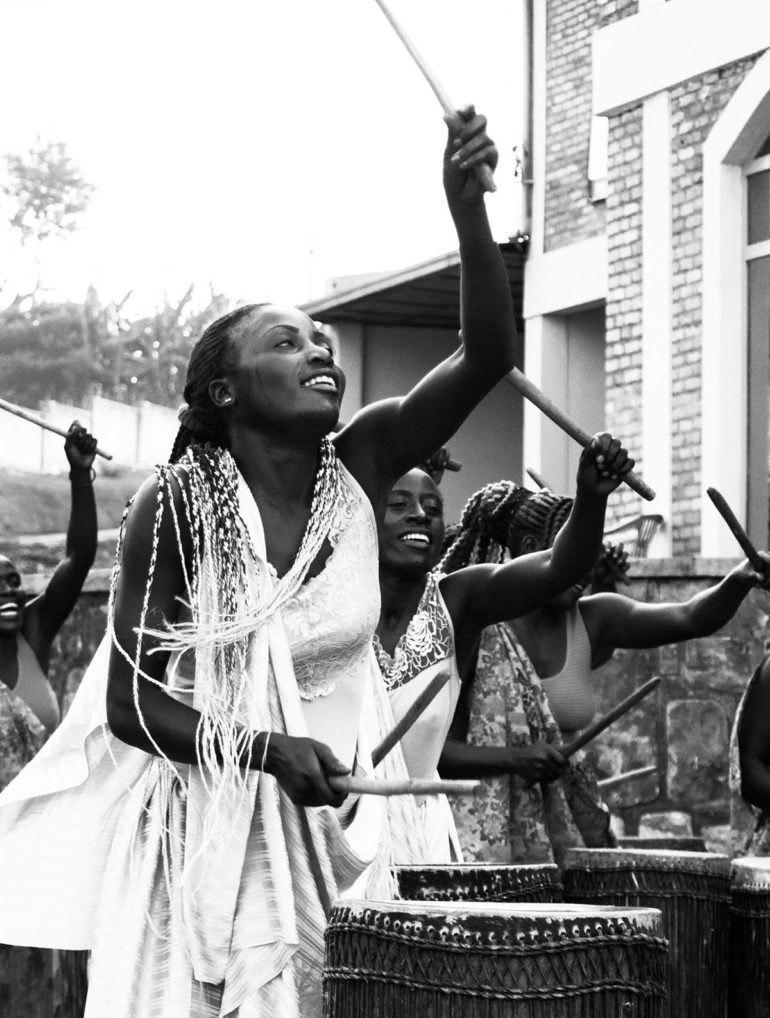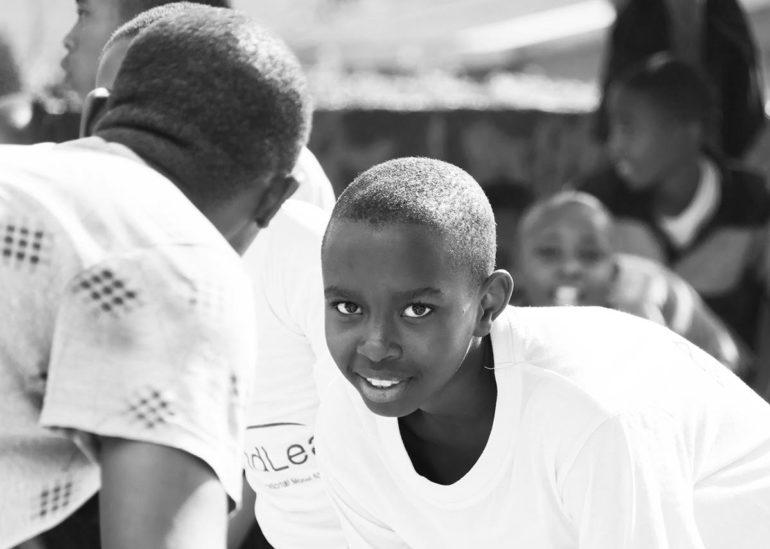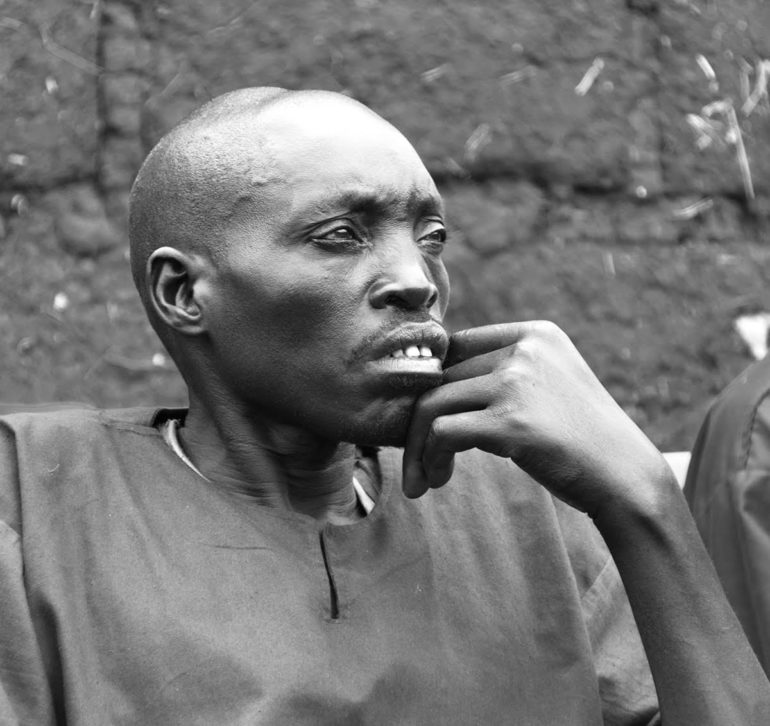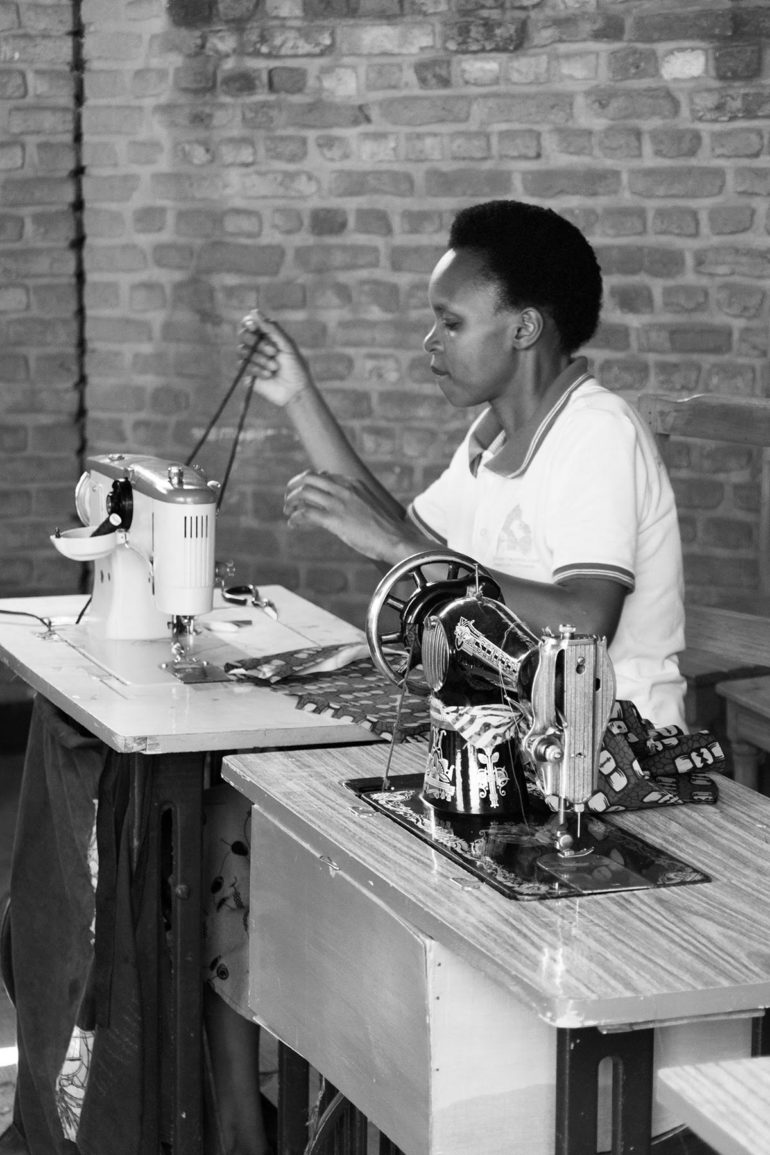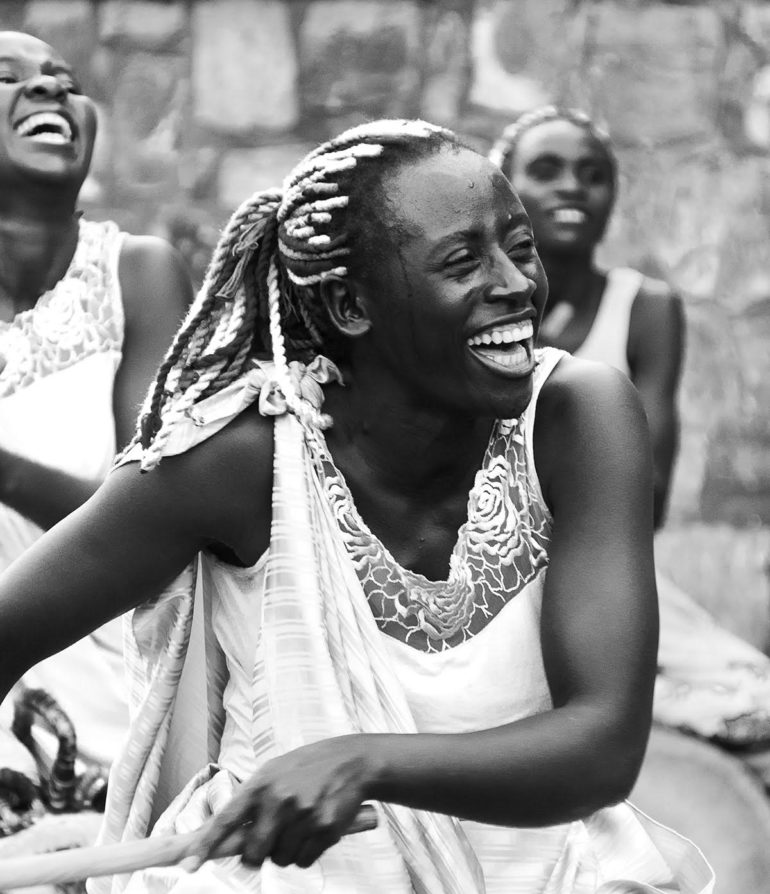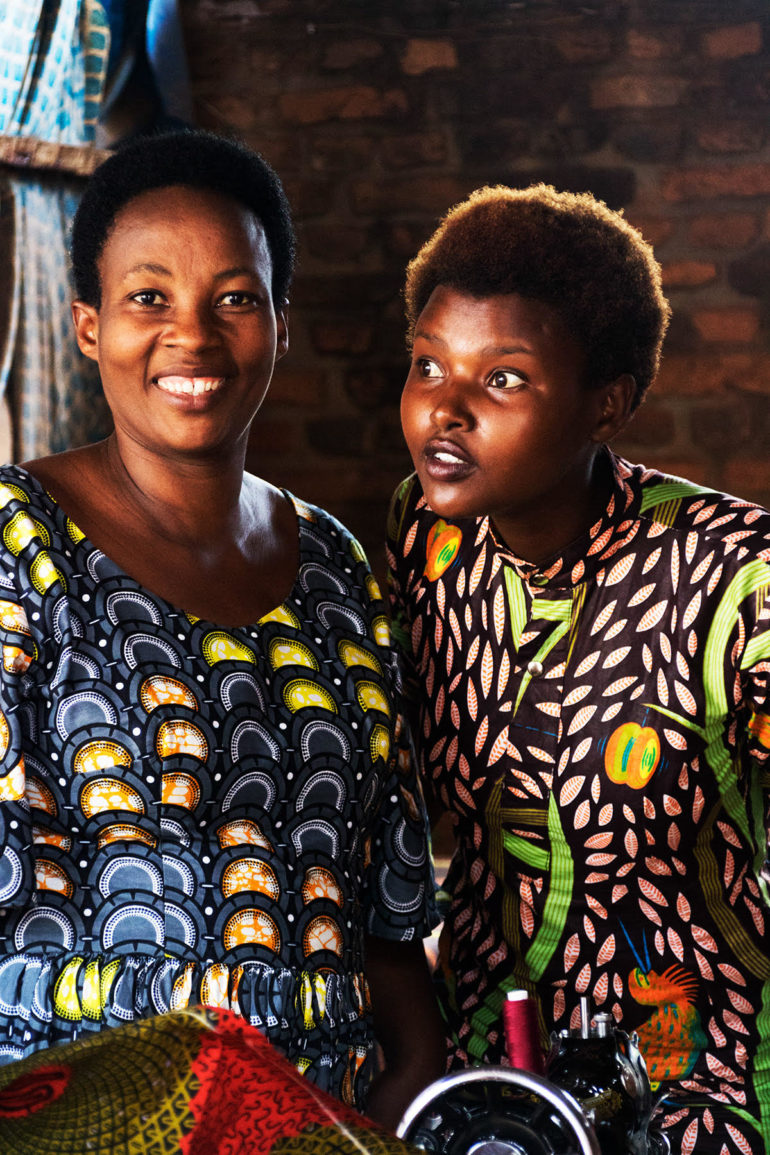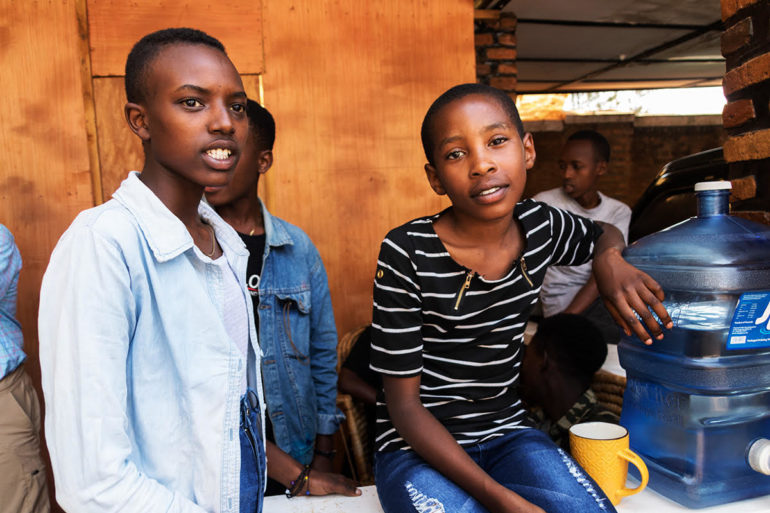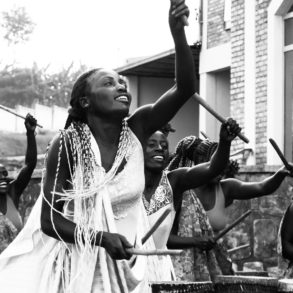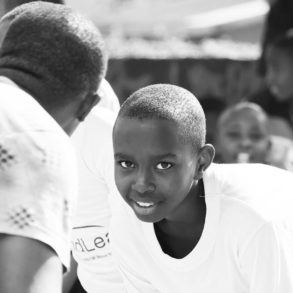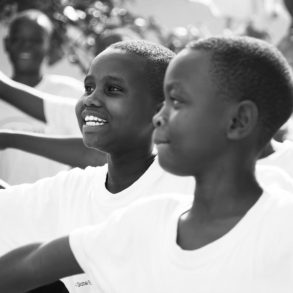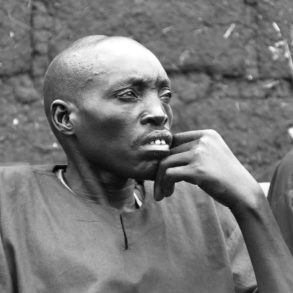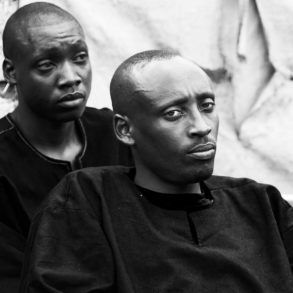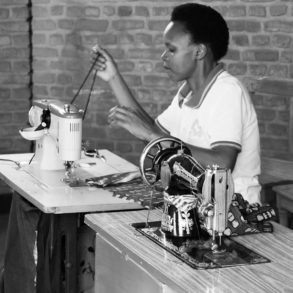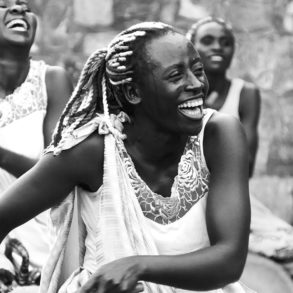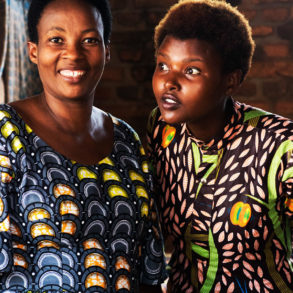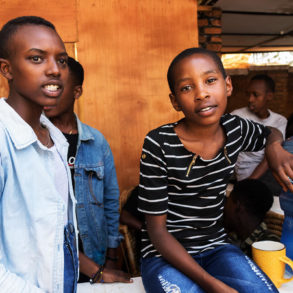By Anna Bunn ’19

Last spring, I had the opportunity to study at the School for Ethics and Global Leadership (SEGL) in Washington, D.C. I studied politics and international affairs, along with 23 other juniors from schools across the country.
Each week, we were presented a new case study on such topics as the Israeli-Palestinian conflict, the Second Amendment and genocide in Rwanda. Throughout our session, the school invited expert speakers and guest instructors. For instance, our speechwriting lesson was taught by Hillary Clinton’s former speechwriter; our speeches were evaluated by Bill Clinton’s former press secretary; and our media literacy and ethics unit featured Pulitzer Prize-winning journalists.
For one of our culminating assignments, my classmates and I authored a collaborative policy document on the Rohingya crisis in Myanmar, which we presented at the U.S. State Department. We also had numerous opportunities to pursue additional learning opportunities in Washington D.C., including hearing oral arguments at the Supreme Court, listening to former Vice President Al Gore speak, and attending events at the Bipartisan Policy Center.
Through SEGL, I also had the opportunity to travel to Rwanda and study the socio-economic impacts of the 1994 genocide through conversations with government officials, survivors and perpetrators. Our trip leader, Carl Wilkens, was the only American to stay behind during the genocide.
The two and a half weeks we spent there were incredibly intense. In talking to survivors, it was clear the impact of genocide affected even later generations. At the same time, Rwanda’s recovery has been remarkable. In less than 25 years, the country has transformed itself into the technology hub of central Africa. It’s now a leader among African nations in public education and healthcare, and the social systems and overall rhetoric have been transformed.
At the same time, Rwanda remains conscious of its past, which involved an estimated 800,000 Rwandans being killed during a mass genocide over a period of 100 days. I was struck by a number of the powerful memorials throughout the country, and over my time there, my beliefs evolved. I gained a new understanding of forgiveness, and my views on religion and government changed. I had always thought that forgiveness was a selfless action, something a victim gives out of kindness. In Rwanda, from the many survivors I spoke to, I’ve come to realize that forgiveness is given to ease the burden of the forgiver. The number of people who participated in the genocide is so significant that many of the survivors say it would be too much of a burden to carry such hatred or anger for the rest of their lives.
I’m grateful that Punahou not only allowed me to earn academic credit for this experience, but encouraged me to explore such an opportunity. I have gained so much from my time away that remains with me.
More Student Voices:
Xuan Nguyen ’19: They’re Rooting for Me

